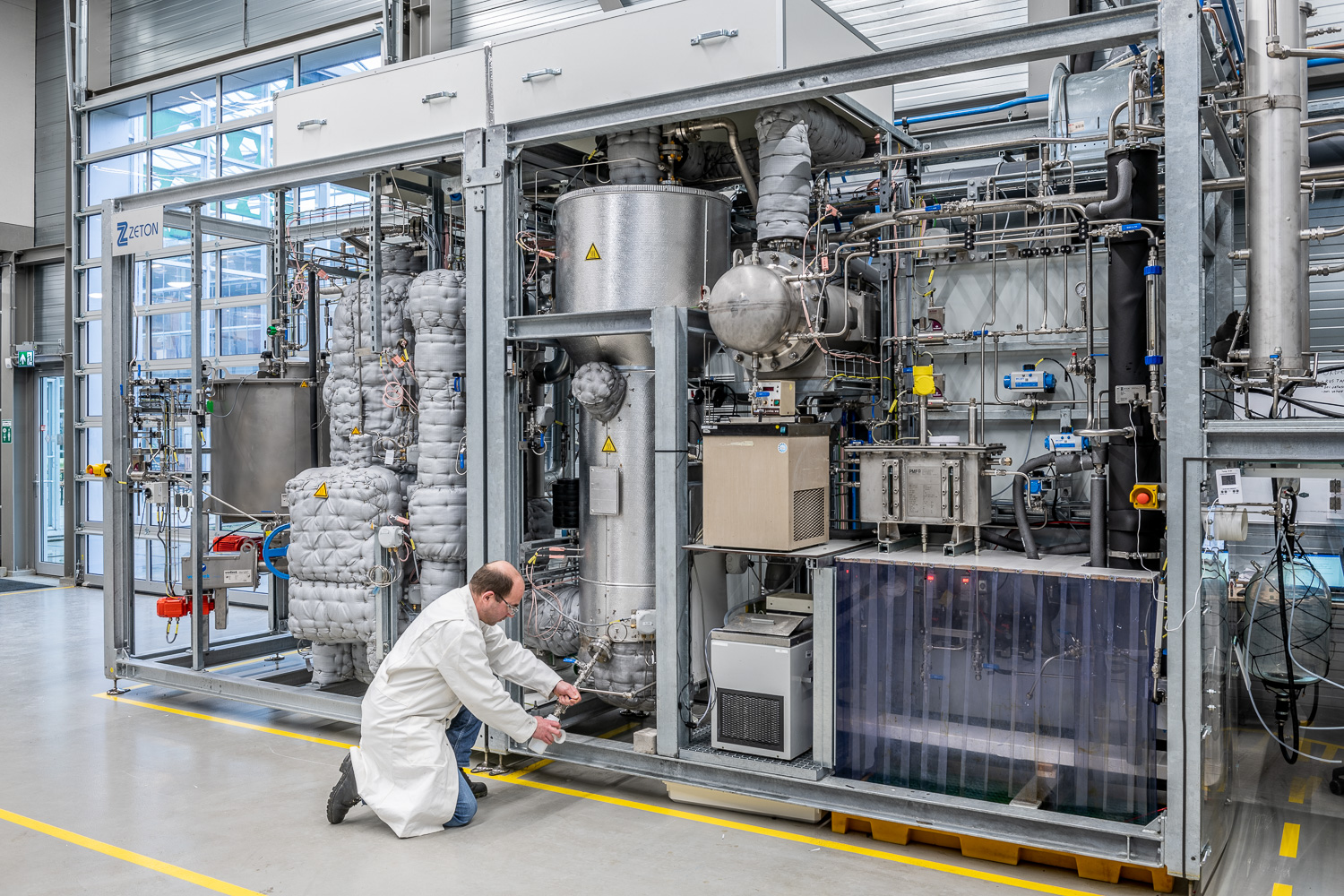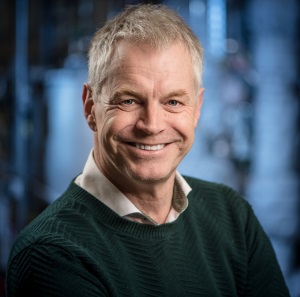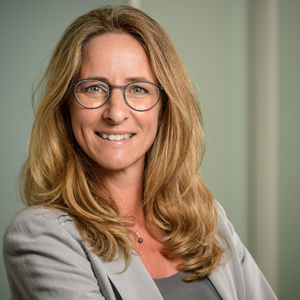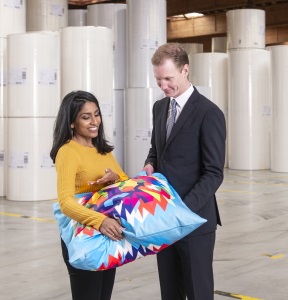BioBTX B.V.

BioBTX considers non-recyclable plastic waste a thorn in the side. The company, located on the Zernike Campus in Groningen, designed a technology that turns waste into valuable industrial building blocks. The technology is thus part of the circular economy. V.O. advises BioBTX on the patenting process of this technology for chemical recycling.
BioBTX has a mission. “In our vision of the perfect world, there is no waste plastic anymore and there is a solution to everything,” says Pieter Imhof, CEO of BioBTX B.V. “Over fifty percent of all plastic waste is difficult to separate and is now mostly incinerated or dumped. These are mostly mixed plastic materials composed of different layers such as crisp bags or composites,” explains Imhof. “BioBTX has a solution which enables us to reuse this waste stream.”

Fewer plastics made of oil
In essence, the technology combines two processes for the raw materials: pyrolysis and catalysis. In a standard pyrolysis process, plastics are heated in an oxygen-free reactor to between 400 and 600 degrees Celsius. This breaks down the large organic molecules (both natural and carbonaceous materials) into smaller organic molecules. The end product, such as bio oil, can be used as fuel for motor vehicles or ships. However, this oil is not directly suitable as diesel or petrol.

Imhof explains that “An additional step is needed, catalysis, to ensure that the small organic molecules are converted selectively. This results in valuable chemical building blocks. The outcome of combining pyrolysis and catalysis in our case is BTX. This is composed of the aromatics benzene, toluene and xylene (BTX). These are important raw materials in producing, you guessed it, plastic. The circle is complete and no more plastics need to be made from oil.”

‘Good collaboration is expressed in the details.’
Pieter Imhof – BioBTX B.V.
It’s all in the details
BioBTX has started the patenting process for its finding. “We are a research company. We want to protect promising findings as best we can,” explains Imhof. V.O. is providing advisory services in having the technology included in various patent applications. Annemiek Tepper, patent agent at V.O. in Groningen says that “There are a lot of developments in the sustainability and waste market at the moment. This means that it’s all in the details if you want to succeed.” As a research company, BioBTX has accumulated a lot of knowledge about patents and claims. Imhof says that “We supply the information about the technology, the outcomes and the literature. After that, V.O. is fully equipped to translate this to a patent application.” It also generates good discussions. Tepper explains, “It is a great exchange. Our critical questions help us assess the areas where BioBTX stands out. This collaboration and level of detail is important in protecting this type of intellectual property (IP).”
Scaling up using licences
BioBTX is currently piloting the technology, but the company wants it to be used around the world. “We are ready to scale up from our pilot unit in the Netherlands to larger plants worldwide.” BioBTX wants to issue licenses to existing and new waste processing plants. “A strong IP position is essential in this,” says Imhof.


